Congreso Internacional Léxico y contacto de lenguas en los Andes
Materias de especialidad:
Correo electrónico:
Información adicional:
El encuentro dará cabida al examen de las relaciones entre lengua y sociedad vistas desde el prisma del léxico; al análisis de los sutiles procesos semánticos que han atravesado ítems o campos léxicos en una situación de contacto, sin dejar de lado el entorno cultural ni los factores pragmáticos, textuales y funcionales que condicionan su ocurrencia y les dan un perfil particular, así como a la indagación etimológica, tomando en cuenta la historia común de contactos prolongados, superposiciones y desplazamientos que comparten el quechua, el aimara y otras lenguas andinas, tanto entre sí como con el castellano. Son de nuestro interés, también, la reflexión sobre aspectos teóricos y metodológicos de la lexicografía andina, así como los estudios que examinen los factores ideológicos presentes en su desarrollo. Los avances en el examen lexicográfico, referidos tanto a los vocabularios coloniales y republicanos como a los contemporáneos, ocuparán también nuestra atención.Estamos abiertos, asimismo, a la reflexión que se proyecte hacia otros ámbitos hispanoamericanos, sobre todo aquella que atienda a espacios en los que el castellano y las lenguas indígenas americanas han interactuado históricamente. Tendrán lugar aquí perspectivas comparativas respecto del área andina y enfoques teóricos o metodológicos que puedan dar luces sobre problemas más generales.Contacto:aezcurra@pucp.edu.pelexicoycontacto.pucp@gmail.com
País:
